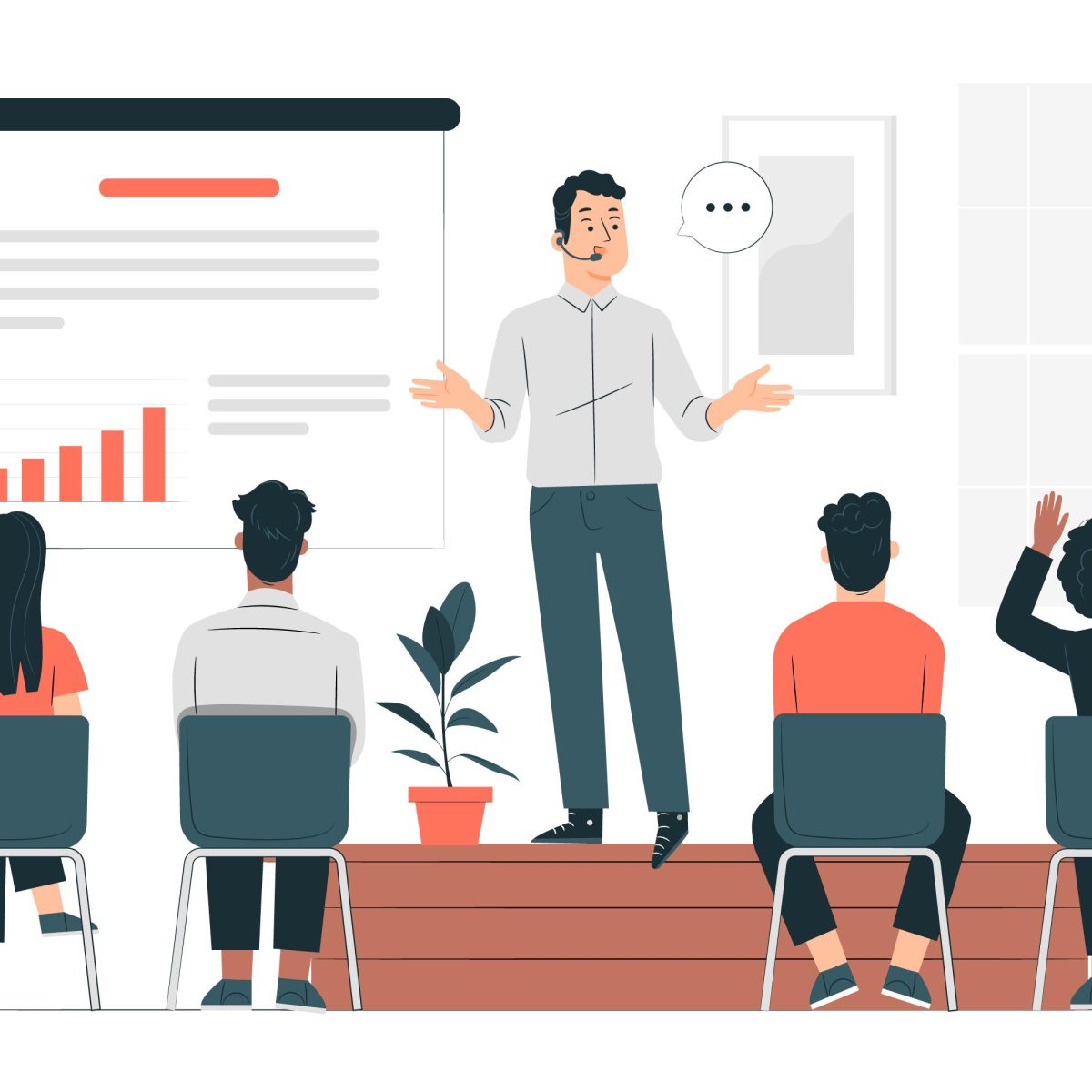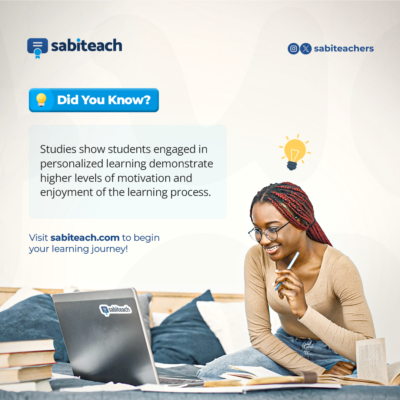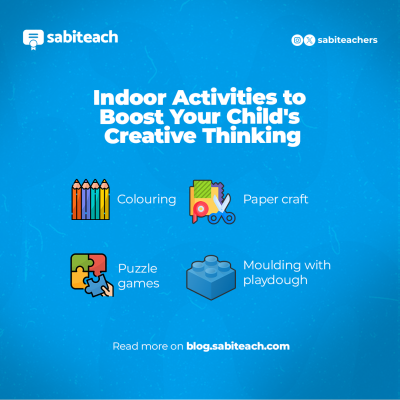Introduction
One of the most important skills for individuals, especially students are the listening skills. Students today need to be able to listen closely, understand information, and express themselves well to succeed in school and anywhere they find themselves. However, listening may not be as easy as it seems. Some students have trouble with this skill because they do not know how to pay attention or engage their brains during a lesson. Fortunately, there are simple strategies teachers and students can use to improve their listening abilities and help them become better learners overall!
Give positive feedback.
One of the most important things you can do to improve your students’ listening skills is give them specific feedback.This means not just praising them for a good answer or correcting them on an incorrect answer, but also giving positive feedback about what they did correctly. For example, if your student was able to listen attentively and understand a point made by another speaker, tell him or her that this was helpful and then explain why it was so important for him or her to understand the speaker’s points.
If possible, try not to focus on negative aspects of listening during class time; instead focus on what students are doing well and how they can improve upon those successes in future sessions.
Apply consequences and rewards appropriately.
Consequences should be immediate and consistent. The consequences of poor listening skills are often over-generalized and ineffective, so it’s important to develop a strategy that clearly states the rules of your classroom environment. This can be done by having students sign contracts, agreeing on the consequences for breaking them or simply asking students what they think their punishments should be before deciding on a course of action.
Applying the tool of giving rewards is also another strategy that should be applied. Students would be more eager to listen attentively if they know there is something in it for them. It helps to put them on track and improve their listening skills. Over time it will become a part of them to listen even without incentives In the picture.
Be concise in giving instructions.
As teachers, there are indeed so many ways you can be of help to your students. One of which is being concise in giving instructions. It is a known fact that not everybody has the same assimilation skill and level. It may take some people a long while to listen attentively, and pay keen attention to some things being taught, whereas it is a different ball game for those who are quick to understand. However, it is best to use simple language and short sentences, and avoid jargon or technical terms. Make sure your instructions are consistent from one situation to another. To avoid any form of misunderstanding either on the student’s or teacher’s part.
Break down the message into interesting and relatable formats.
Some students might not have the ability and capacity to understand messages as one whole. So, as a teacher, it is best to break down all you would say into manageable smaller understandable chunks. Thereby making it easier for them to pay attention to all that would be said. If they can understand and relate to what you are saying, provided it is presented in the simplest of forms, then your message has been properly passed. Breaking your messages into simple and interesting formats makes it even easier for students to stay glued to all that you are saying from beginning to end.
Use a range of activities in your lessons.
As a teacher or student, defining a purpose for listening is equally important. One major goal is to learn. However, one can not learn without possessing great listening skills. This is why it is advisable to use a range of activities such as lists, charts and diagrams to help students hear what they need to hear by breaking it down into small pieces that can be handled easily by listeners. This is also applicable to students, and the best way to develop your students’ listening skills is by using a variety of activities. This can be done in several ways: you could make use of different types of activities, such as oral reports, and writing exercises. It helps you keep track of all that was taught, and if you paid attention while it was taught. Not all activities require the students to listen carefully and respond appropriately. It is important to use one that works for your students.
Listening skills are a key part of communication, and can be developed with simple activities. Here are some other ways you can help your students develop their listening skills:
Listen to what they say. Encourage them to have conversations with you about their ideas and opinions. Ask questions that encourage the student to explain themselves further or add details about what they mean by something they just said or asked about.
Ask open-ended questions so students can explain themselves fully without being interrupted by others around them.
Repeat back what the student has said verbatim until both parties understand each other completely before moving on. This is because understanding is key and is the bedrock of any and every lesson.
Conclusion.
In conclusion, there are many things you can do to improve your students’ listening skills. You do not need expensive equipment or special lessons to make real improvements. You just need to be aware of the common challenges faced by most listeners and find ways to help them overcome those challenges with practice. At Sabiteach we are particular about the growth of our students. This is why we are dedicated to providing you with the necessary information you need to help improve students’ listening skills.





2 Comments